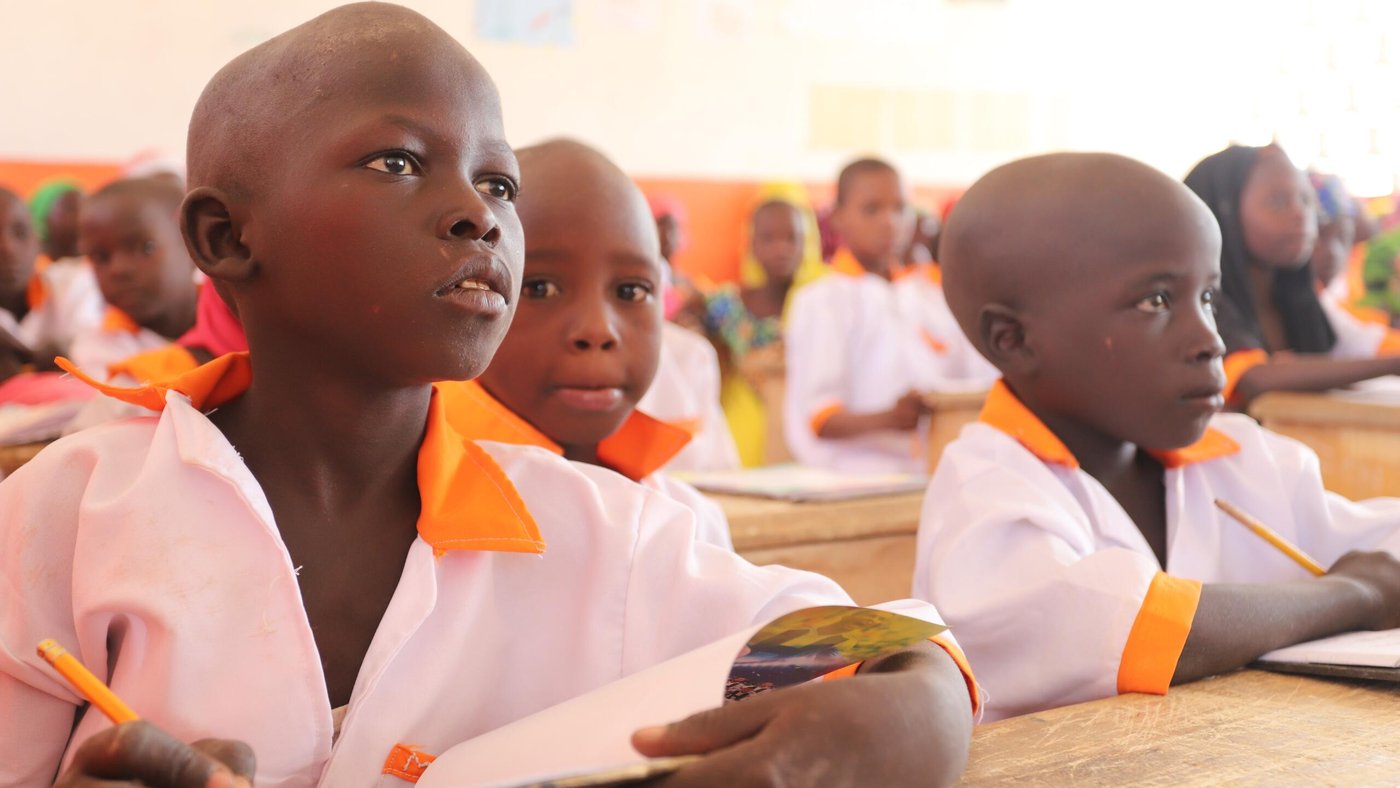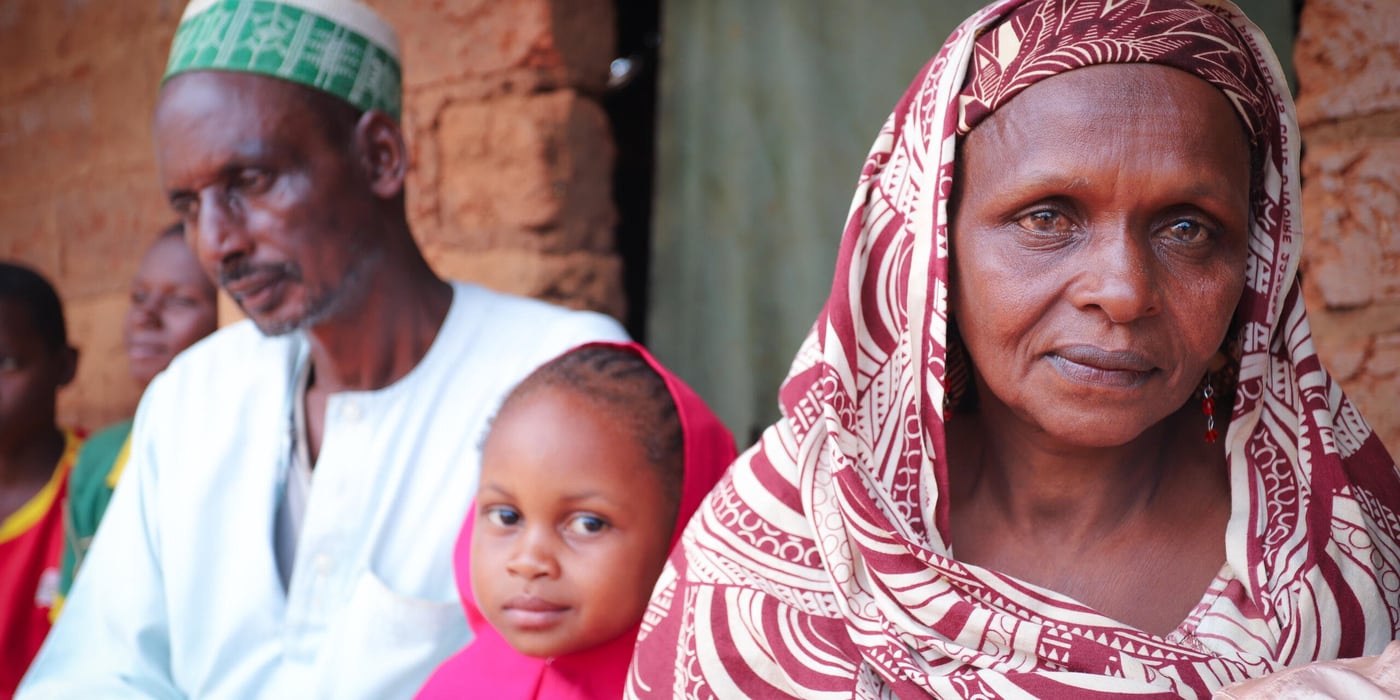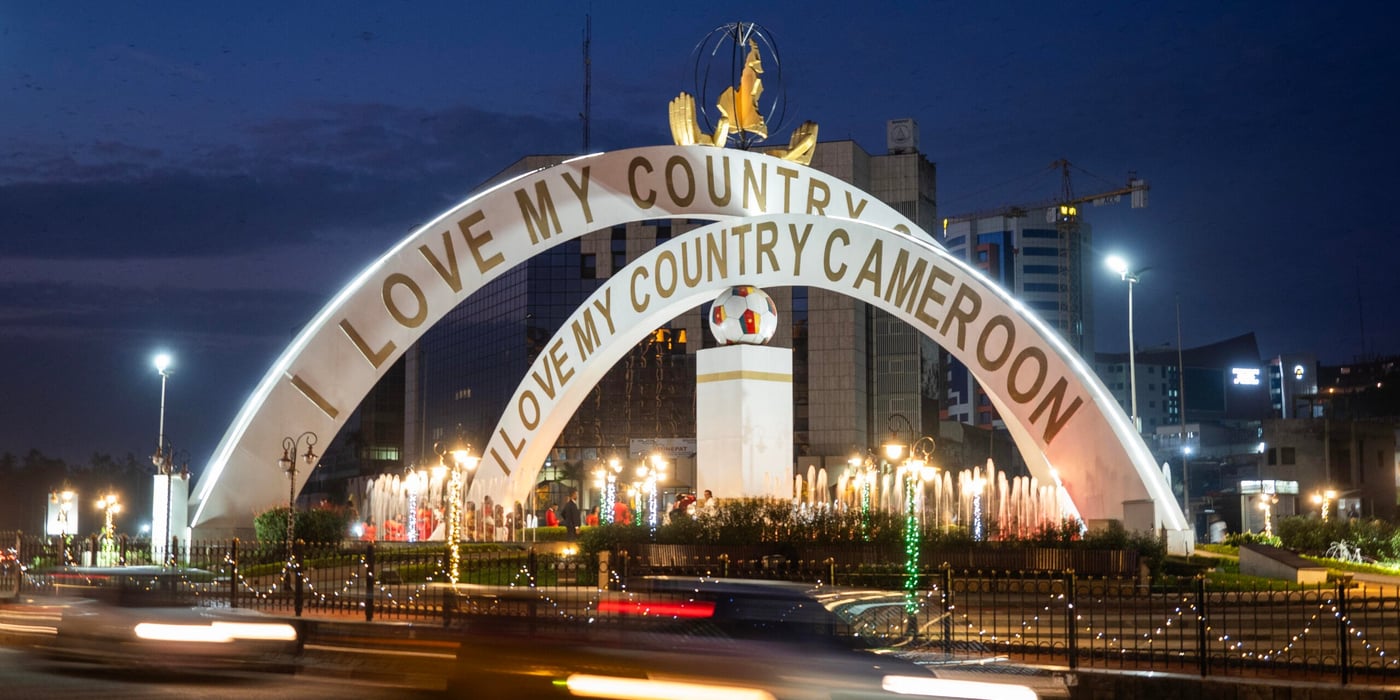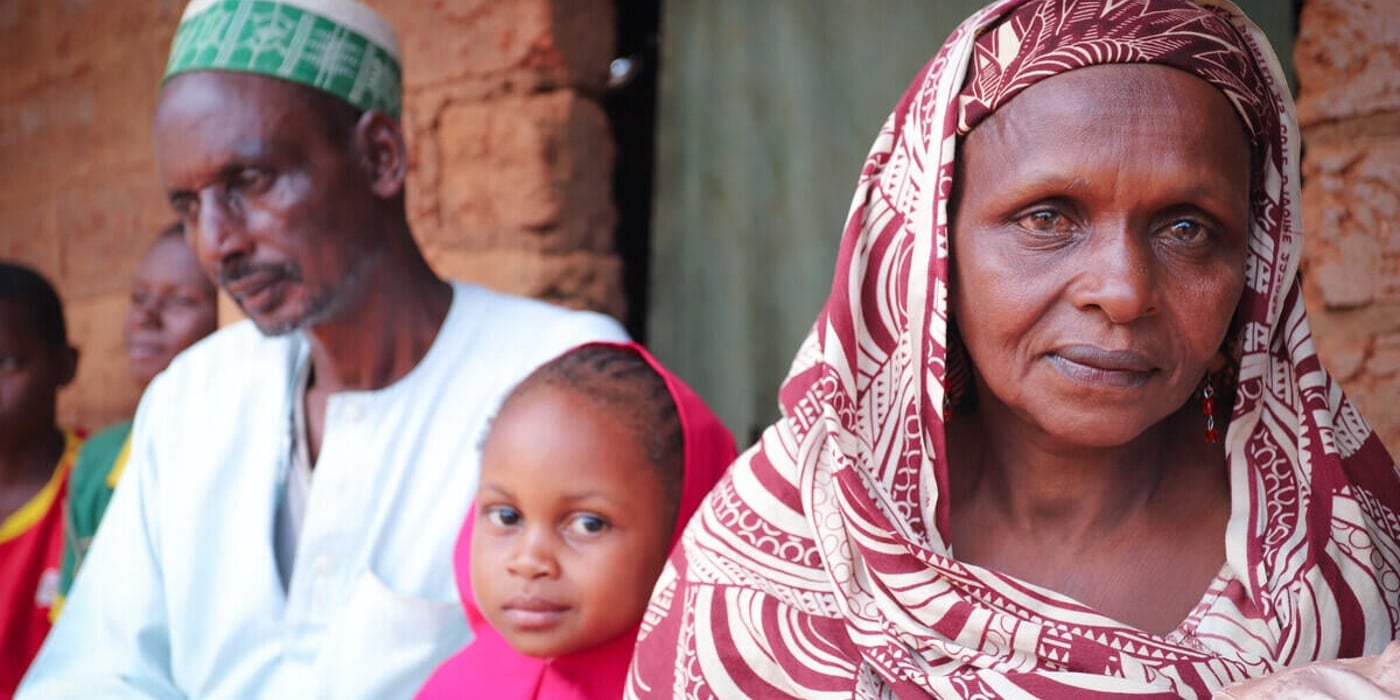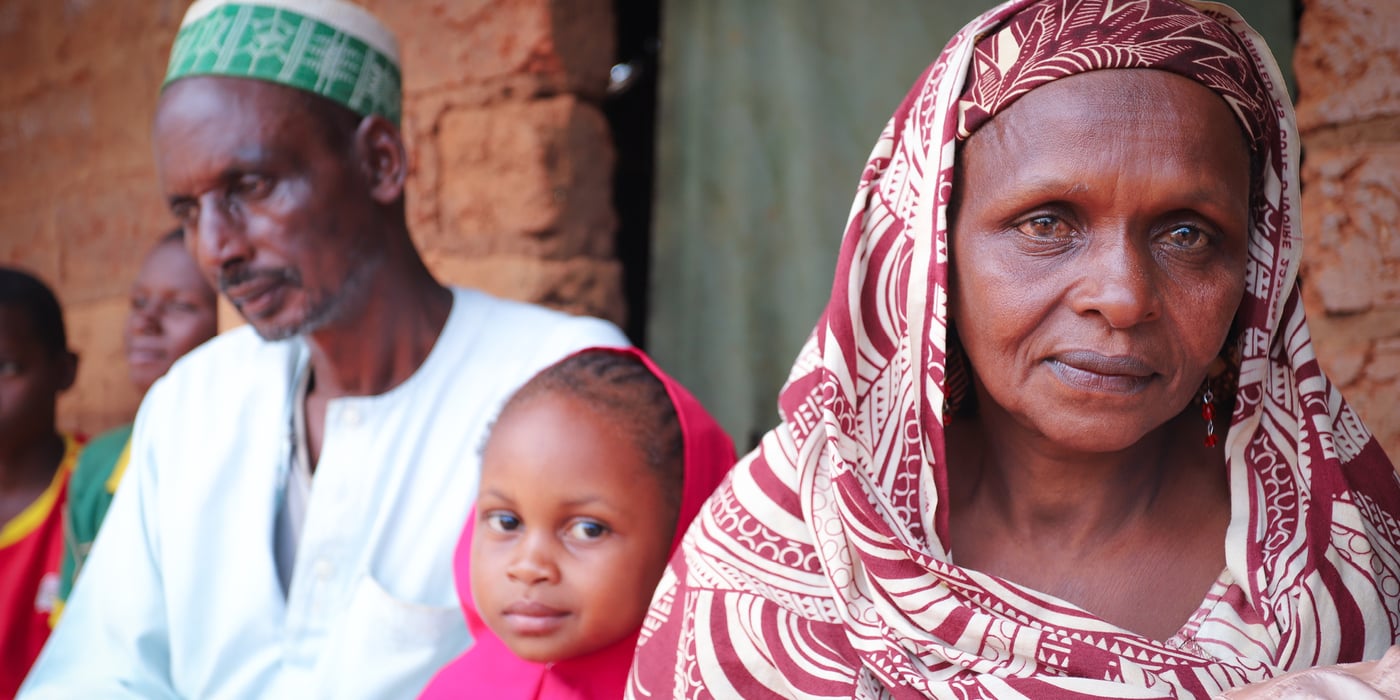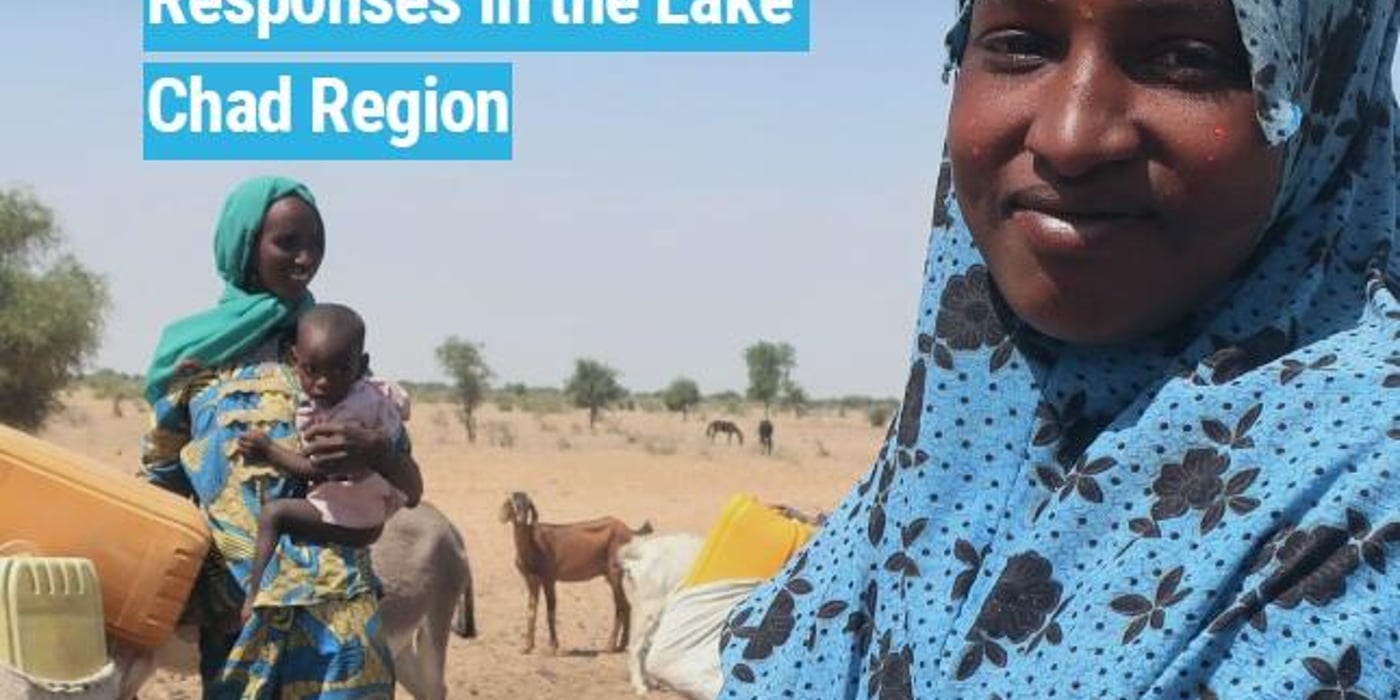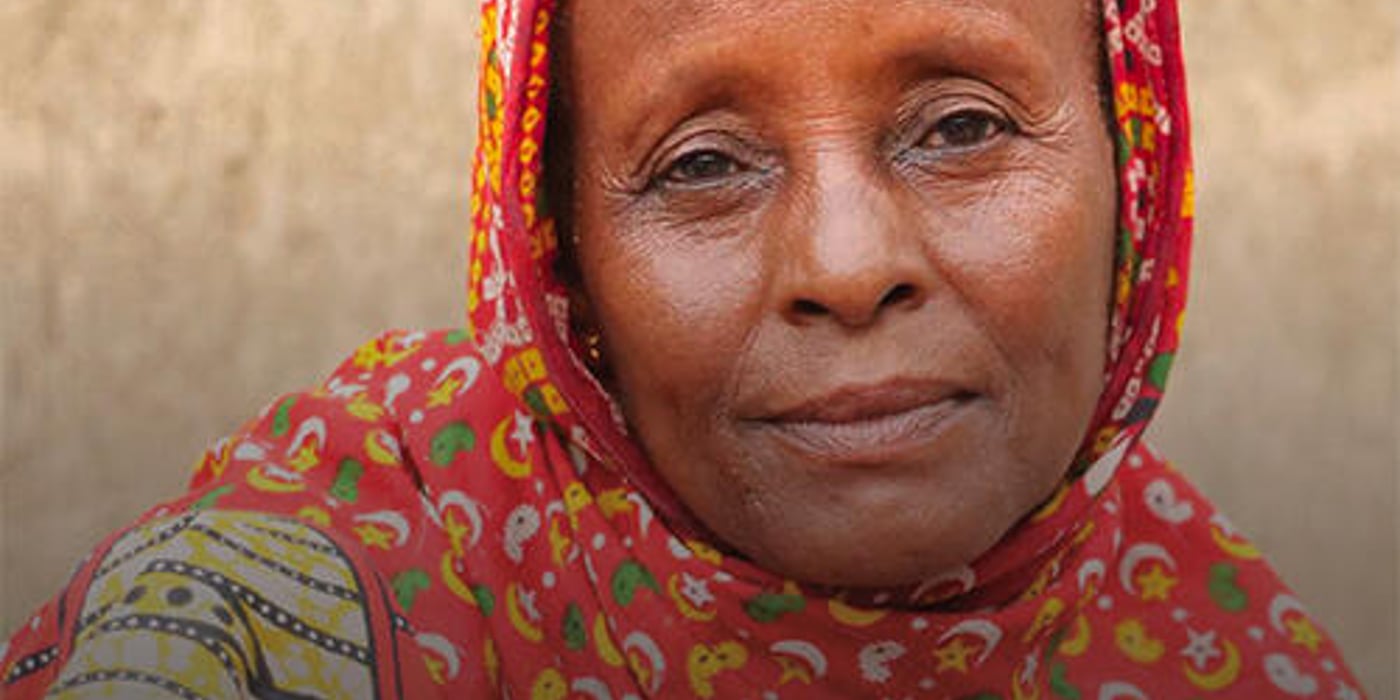It’s one of the most neglected crises in the world, but the Norwegian Refugee Council (NRC) has been on the ground there since 2017 – making sure displaced families have shelter, food and clean water, as well as access to education and vital legal assistance.
What’s happening in Cameroon?
In Cameroon, three humanitarian crises are unfolding simultaneously.
For the past decade, recurrent attacks by non-state armed groups in the Far North region have forced over 573,000 people to flee internally.
At the same time, thousands of families have been driven from their homes in the Southwest and Northwest regions, with over 648,000 people displaced within Cameroon, and almost 90,000 Cameroonian refugees in Nigeria. And to compound the situation, election violence in the Central African Republic has driven more than 353,000 refugees across the border into Cameroon since 2013.
These crises are bringing more hardship to communities that were already struggling for food and water. As access to land and farming becomes ever more restricted, livelihoods are at risk and people are suffering across Cameroon.
Our response
We’re working with our partners in the following areas:
- Water, sanitation and hygiene – rehabilitating or constructing boreholes, building latrines, distributing menstrual hygiene kits, promoting good hygiene practices and ensuring schools are equipped with clean water and proper sanitation.
- Shelter and settlements – providing emergency shelter kits and essential household items, and helping returnees to rebuild or repair their homes.
- Livelihoods and food security – distributing livestock, seeds and agricultural supplies, delivering vocational training and providing cash assistance, so people can buy food and start businesses.
- Education – building temporary learning spaces and providing teaching resources, helping out-of-school children access formal and informal education, and training primary school teachers in psychosocial support.
- Information, counselling and legal assistance – helping people to claim their housing, land and property rights, strengthening communities’ understanding of proper employment law and procedures, resolving disputes and assisting with identification documents and childbirth registration.
Our operations
NRC office established: 2017
Areas of operation: Yaoundé (country office), Far North region, Southwest and Northwest regions, East region, Adamawa region, Littoral region, and West region
Country Director (acting): Insaf Garchi
Contact: cm.nrc@nrc.no
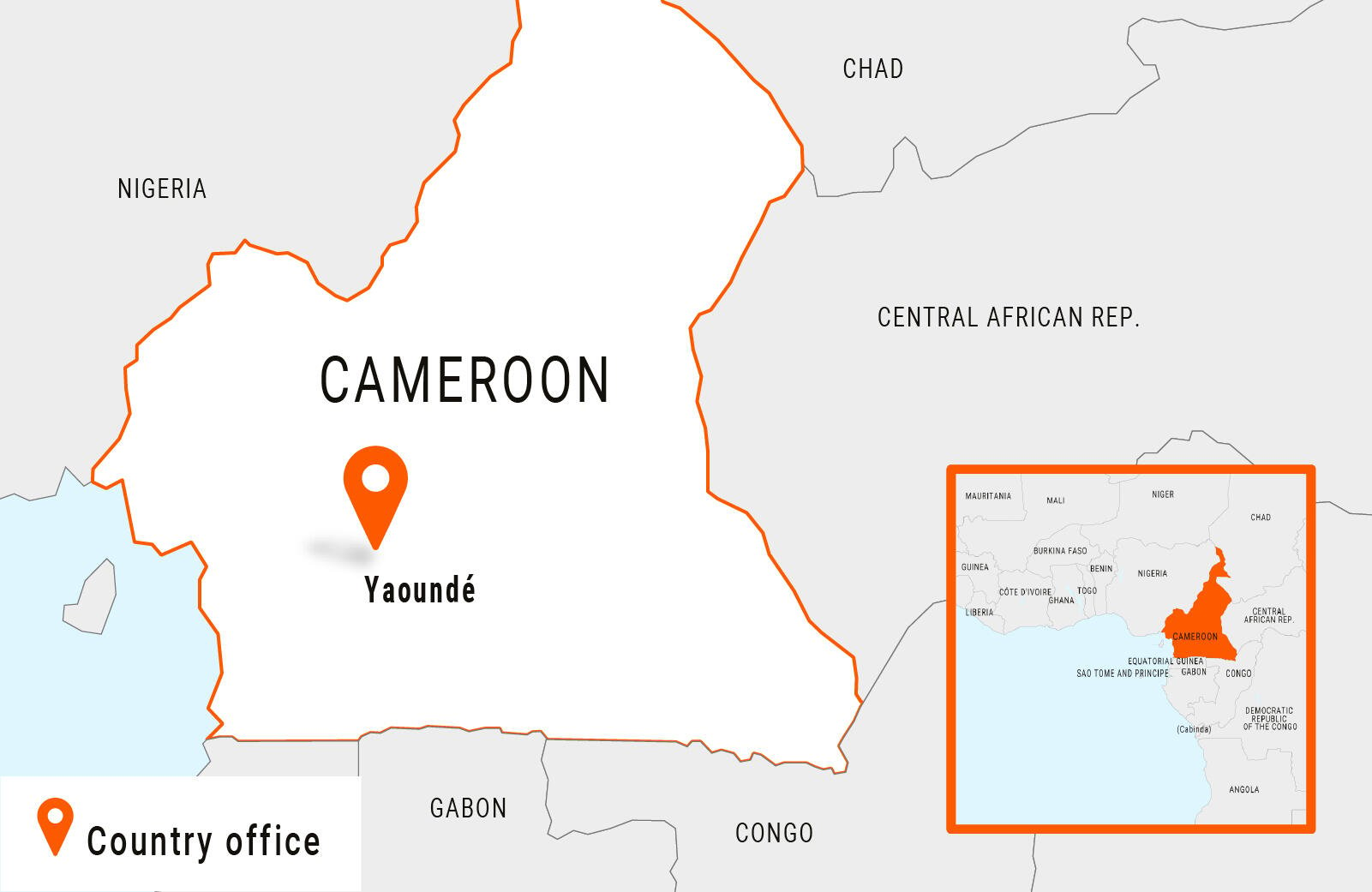
Our impact
In 2024, we assisted 161,959 people through our programmes in Cameroon:
-
42,483Education
-
9,570Livelihoods and food security
-
14,798Shelter and settlements
-
45,606Information, counselling and legal assistance
-
83,962Water, sanitation and hygiene
-
8,319Other activities
Note: some people received more than one type of assistance.


